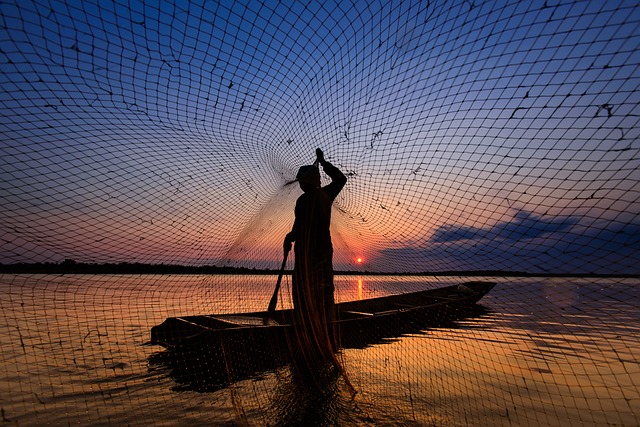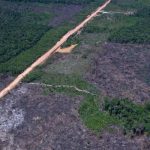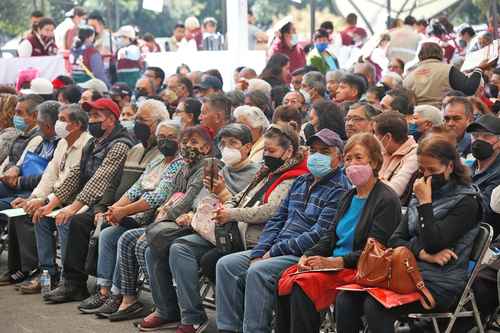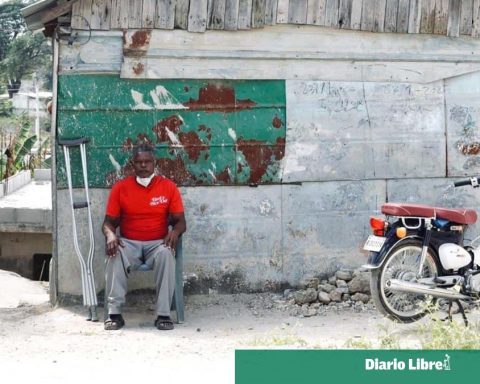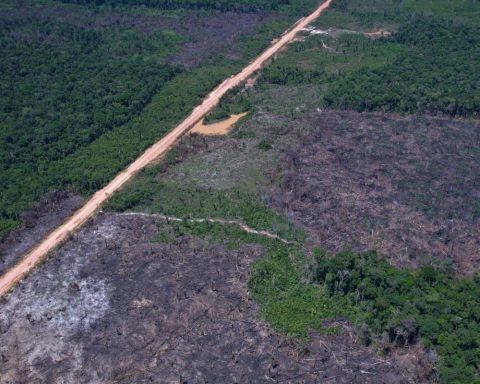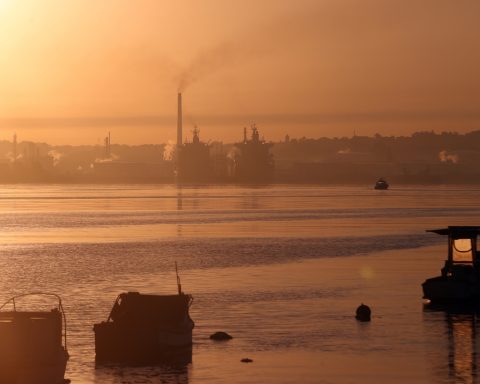Fishing and trade in the Nicaraguan Caribbean have not recovered the behavior they had before the passage of hurricanes Eta and Iota and the last one; Julia. “It is unstable, there are good days, there are bad days and there are bad days,” says a community member from Bluefields.
The situation has not allowed fishermen in the area to “raise their heads”. “There is nothing to be gained,” they say. The reports are low, added to the damage caused to the fishing banks.
Luis Cuthber is a coastal native from Corn Island who remains stranded on his boat at the Kukra Hill Township pier. Despite the 30 years that he has been at sea, he states that he has come to think about retiring from the activity, due to low profitability.
Related news: Rivas and the Caribbean Coast of Nicaragua, the areas that could be most affected by the tropical storm
“We fish for lobster, now they are paying 15 to 20 dollars a pound, very cheap, it does not adjust for us to take a little profit home, we are affected by bad weather and already the forces and the panorama, point to retire,” he says .
“Lizca” is the name of the vessel that has operated for 32 years in Caribbean waters. Last year we closed one of the most difficult and this one, we have started it only with bad forecasts, fishing in this region needs a lot of support, not all of us achieve something to live, there are community members who do not”, refers the Caribbean fisherman.
After Julia, they have not risen
At the end of 2022, Bluefields was the headquarters for the National Fishing Forum, the same activity where industrial and artisanal fishermen participated. Many of them at this start of the year fear that they could close operations and look for another alternative to survive.
The costs of keeping vessels afloat and in good repair outweigh the profits from each voyage to the high seas. The unstable climate and bad weather also cause great losses to the sector. Added to this is the closed season in which they are prohibited from taking pots (fishing net consisting of a cylinder of interwoven reeds) for the extraction and sale of shellfish, fish and lobsters.
Call local authorities
“As we are going, it is likely that little by little many of us will withdraw because the fishing is lower from the beginning, we are going to place the pots on the high seas with great courage, however, the product is little and it is very expensive to obtain it” laments Cuthber.
Given the bad time they are going through, they call on the local authorities to support them in giving them a solution. They remember that they are entire families that depend on this activity.
“Here we are not only talking about a certain number of fishermen, but in a general way in the communities where sources of employment are most urgent, where fishing is the only way to support families,” lamented another community member.
By United Voices
